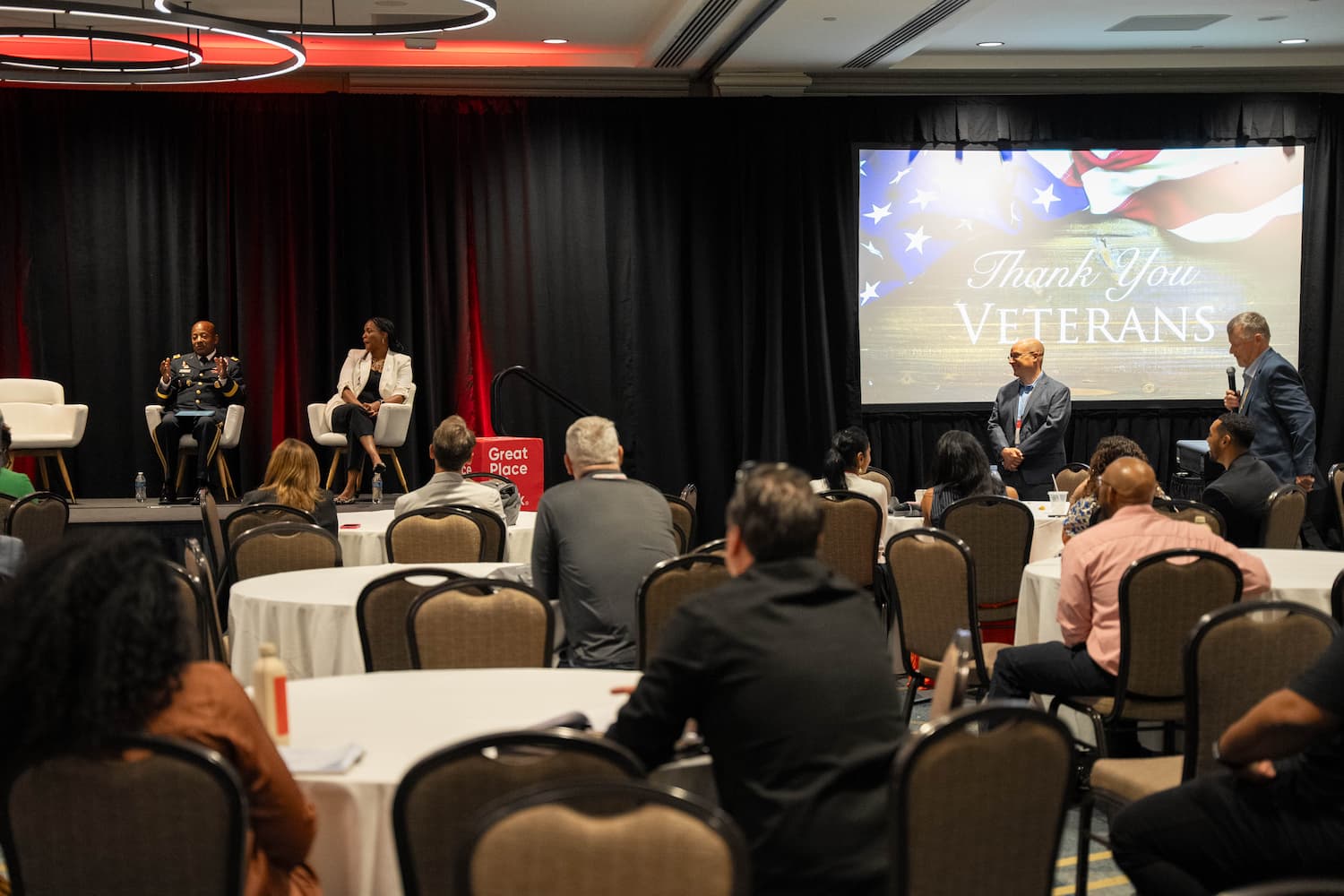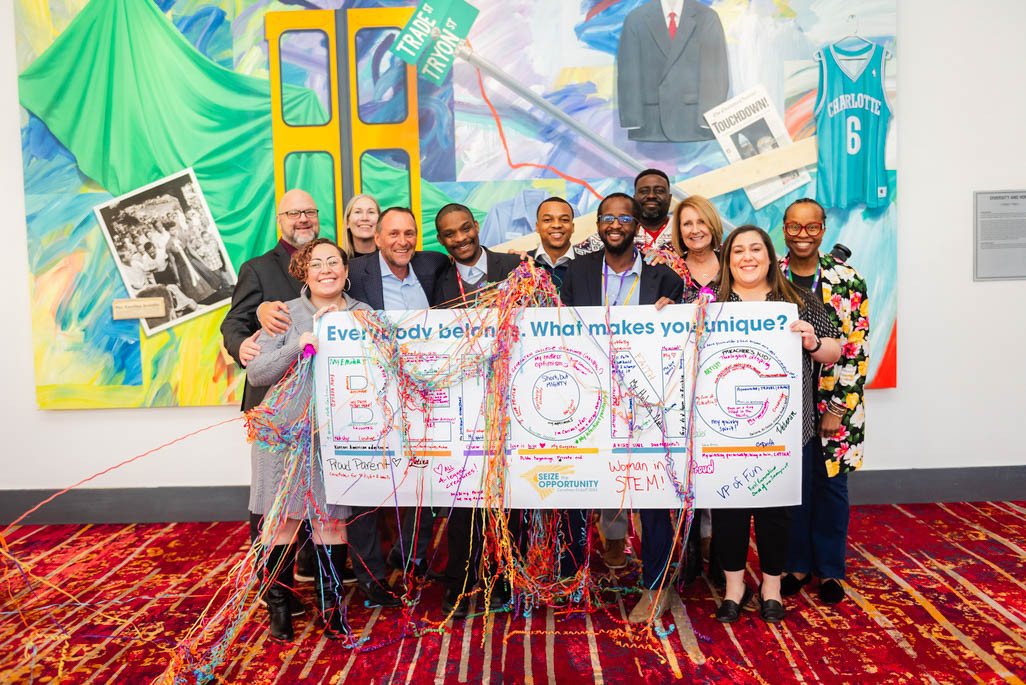
AI (Artificial Intelligence), Benchmarks & Trends
85% of global CEOs believe that AI will will significantly change the way they do business in the next five years; 63% say it will change their business more than the internet has.*
However, in researching the topic of AI, there appears to be a lack of agreement on what AI actually is. The terms “machine learning” and “artificial intelligence” are used interchangeable throughout articles across the internet. The one thing that all of the AI writers agree on is that at the root of the new technology is a really clear and specific business problem that we are trying to solve.
The best businesses and products in the market are really clear about the problem they want to solve. Clarity on what you are setting out to achieve is really important in the world we move in. Setting a “true north” and speaking to it is a feature of Best Workplaces. Another feature of Best Workplaces is their ability to define the problem and then stand back and let their employees support them to find awesome solutions.
In the current climate, where technology and other environmental factors are accelerating the pace of change to where we can barely keep up, we cannot keep doing the same things and hoping we stay relevant. In Financial Services, for example, automation and AI is taking over much of the mundane work previously done by humans. However, there seems to be a reluctance to let that work go, which means that leaders need to get even better at inspiring employees. They need to connect employees to a bigger, more purposeful picture so that they can let go of the present state to embrace a better future. What we have learned through our data is that employees don’t need to be clear on the path forward but they do need to be clear on the problem they face or be given the space to identify and be part of the solution.
One of the key drivers of employee experience in our Trust Index™ survey is “Management involves me in decisions that impact my job or work environment.” It is also a key driver of innovative behavior, which suggests that employees don’t need complete certainty from their leadership, but what they do need is the space to understand the decisions being made around them and be part of decisions where possible, while understanding what it will mean for their personal and professional growth.
Companies need to do three things to maximize the potential of their workforce in the age of AI and machine learning:
1. Inspire
Senior leaders need to inspire employees to understand the business of their business. CEOs who share their thoughts around what the business will need to succeed in the future in an authentic manner are seen as inspirational. Employees who have a clear view and confidence in the organization’s vision and strategy are more likely to see the potential of change rather than fear it.
2. Involve/ Collaborate
Engage employees, not only in the completed strategy, but in the creation of a strategy. For some this is an annual process, for others it might happen at key times to influence organizational changes. Either way, engaging employees in this level of strategic conversation can be inspiring and have a significant impact on employee motivation and engagement. Encouraging questions from a diverse group of sources about the possibilities around AI can only serve to deepen and widen the potential of AI to the business.
3. Develop
Understanding how one's work fits into the overall organizational strategy is essential to an employee’s ability to find purpose in their work. In the midst of change, everyone naturally wants to figure out what it means to them personally. Front-line and mid-level leaders need information to support employees through change in the business. They need to spend time with employees to help them understand what it means for their development, ensuring that employees have what they need, at all levels of the business, to co-create the company's next successful chapter.
*Source: PwC's 22nd Annual CEO survey, 2019











